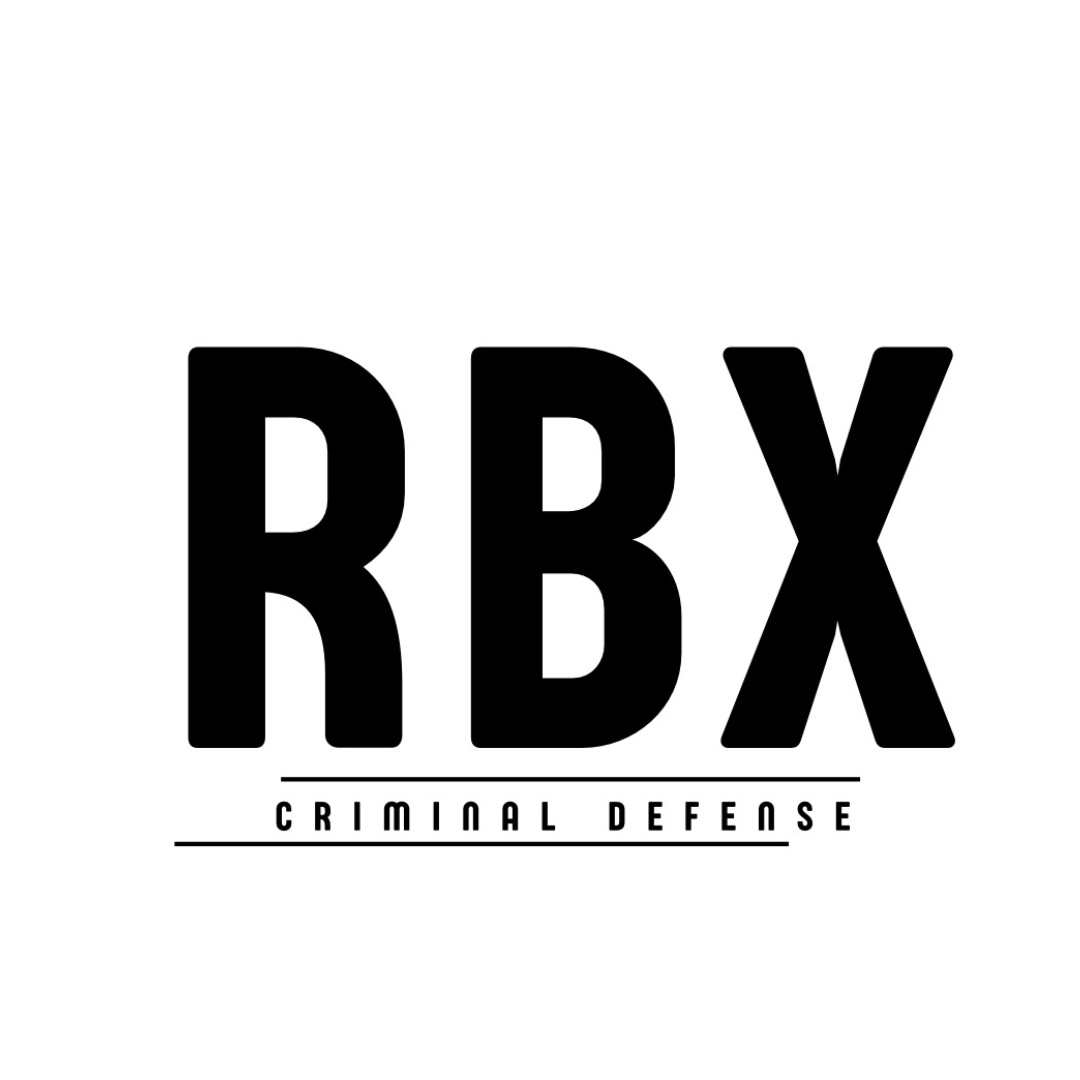A DUI arrest results in a DUI license suspension by the DMV. The DMV can suspend a license for two reasons:
- Arrest by a peace officer for driving under the influence;
- Court conviction for DUI.
Suspension from DUI Arrest
When a law enforcement officer arrests someone for driving under the influence, they send notice of the arrest to the DMV. The DMV will take immediate action to suspend the driver’s license of the arrested person, unless the person requests a hearing within 10 days.
Temporary License
The law enforcement officer will take the driver’s license and provide the driver with a temporary license that lasts until the hearing. If the driver does not request a hearing, the temporary license will last for 30 days. If the driver requests a hearing, the DMV will send another temporary license by mail. That temporary license will last until the hearing date. If the DMV reschedules the hearing date, they will send another temporary license via mail. The driver can continue to drive until the outcome of the hearing.
DMV Hearing
The DMV will schedule a hearing as long as they receive a request within 10 days of the arrest. The DMV will send notice of the hearing to the person in the mail. Usually the hearing is 1-2 months after the arrest. The DMV will continue the hearing if there is good cause to do so. Some examples of “good cause” are:
- Still waiting for subpoenaed documents;
- Recently hired an attorney for the DMV hearing;
- Hearing date conflicts with a prior unavoidable commitment;
- Cannot attend the hearing due to emergency.
DMV Hearing Issues
If the driver refused to provide a blood, breath, or urine sample, the DMV will suspend their license. The suspension will be for 1 year for the first refusal, and 2 years for a subsequent refusal. At the hearing, the DMV determines if law enforcement properly advised the driver regarding their duty to provide a sample. They will also determine whether the driver refused to provide a sample.
If the driver provided a blood, breath, or urine sample after their arrest, there are three issues that the DMV determines at the hearing.
- Was the driver “operating” a motor vehicle.
- Was the driver operating a vehicle with .08% or more blood alcohol content.
- Did law enforcement lawfully arrest the driver.
Suspension from Court Conviction
If the court convicts the driver of driving under the influence, the DMV will add time onto the license suspension. Or, if the driver reinstated their license, the DMV will re-suspend their license.
Length of DUI License Suspension
First DUI License Suspension
Blood alcohol under .20% – 4 months for the DUI arrest; 6 months for a court conviction. Total of 6 months.
Blood alcohol over .20% – 4 months for the DUI arrest; 10 months for a court conviction. Total of 10 months.
Second DUI License Suspension
1 year for the DUI arrest; 2 years for the court conviction.
If the driver caused an injury, the DMV will revoke their license for 3 years for a court conviction.
If the driver had a prior felony DUI, the DMV will revoke their license for 4 years without injury, and 5 years if there was an injury.
Third DUI License Suspension
1 year for the DUI arrest; 3 year revocation for the court conviction; 5 year revocation if there was an injury.
Fourth DUI License Suspension
1 year for the DUI arrest; 4 year revocation for the court conviction; 5 year revocation if there was an injury.
Restricted License Options
You may be eligible for a restricted license that will allow you to drive while your license is suspended.
If you are facing a DUI license suspension, contact RBX Law. We provide free consultations.

